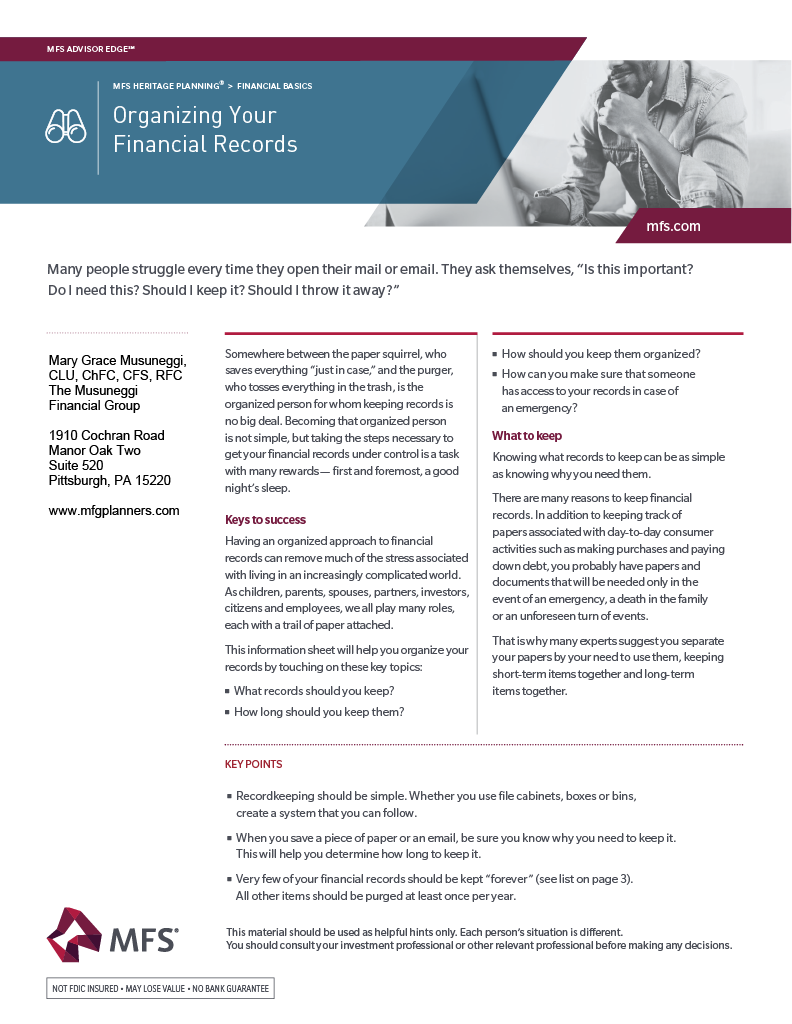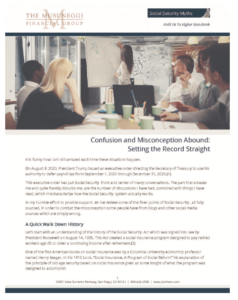To get some perspective on what could or would happen in the upcoming election, click on the link below to see an excellent report by our friends at the Capital Group.

Will Political Changes Affect the Economy?
Provided by Mary Grace Musuneggi
With all of the storm and stress of the year 2020, you’d be forgiven if you momentarily forgot that we’re due for another national election in November. Many states will be selecting governors, representatives, and senators, while the country itself will be voting in the presidential election.
Even though these elections happen every four years, they often breed uncertainty or anxiety about the financial markets and other investment matters. Some of our personal political beliefs may be informed by our economic worldview. For that reason, it’s natural that presidential elections are seen as potential turning points for the economy.
It’s important to keep in mind that while the White House has enormous influence on economic policy, ambitious policies frequently find challenges in the legislative and judicial branches.
It’s also important to keep in mind that in the wake of COVID-19 there are other factors that can influence the financial markets.1
Also know that we are here to help you create a strategy, one that may run through several presidents and many sessions of Congress. Naturally, you may have questions about how these policies might affect things in the short term, and we look forward to a chance to discuss these with you.
To set a time to talk, please go to our online calendars or give Olivia a call at 412-341-2888 x0
And don’t forget that the most important thing you can do in an election year is Vote.
Mary Grace may be reached at 412-341-2888 or marygrace@mfgplanners.com
This material was prepared by MarketingPro, Inc., and does not necessarily represent the views of the presenting party, nor their affiliates. This information has been derived from sources believed to be accurate. Please note – investing involves risk, and past performance is no guarantee of future results. The publisher is not engaged in rendering legal, accounting or other professional services. If assistance is needed, the reader is advised to engage the services of a competent professional. This information should not be construed as investment, tax or legal advice and may not be relied on for the purpose of avoiding any Federal tax penalty. This is neither a solicitation nor recommendation to purchase or sell any investment or insurance product or service, and should not be relied upon as such. All indices are unmanaged and are not illustrative of any particular investment.
Citations
1. NYTimes.com, July 29, 2020



 History teaches us that what goes up goes down. What goes down goes up. And when it comes to the stock market there are these two obvious truths. It goes up. In 1920 the Dow Jones Average hovered around 66. Yes, that is the number: 66. Today it has been hovering around 26,000. Yes, that is 66 then to 26,000 now. So, it goes up.
History teaches us that what goes up goes down. What goes down goes up. And when it comes to the stock market there are these two obvious truths. It goes up. In 1920 the Dow Jones Average hovered around 66. Yes, that is the number: 66. Today it has been hovering around 26,000. Yes, that is 66 then to 26,000 now. So, it goes up.